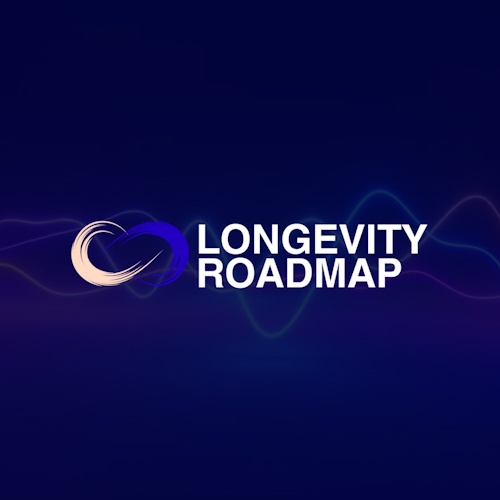Molecular Secrets of Aging Told Through Worms w/ Dr. Heidi Tissenbaum
Longevity Roadmap Podcast- Dr. Heidi Tissenbaum explores what C. elegans reveal about aging biology
In this episode of Longevity Roadmap, host Buck Joffrey speaks with Dr. Heidi Tissenbaum, Professor of Molecular, Cell, and Cancer Biology at UMass Chan Medical School. A pioneer in using the microscopic worm C. elegans to study the biology of aging, Dr. Tissenbaum explains how these tiny creatures have helped unlock some of the most fundamental mechanisms that influence lifespan and healthspan in humans.
Key Points:
C. elegans worms reveal how insulin and stress pathways shape lifespan and healthy aging. Dr. Heidi Tissenbaum urges evidence-based optimism—staying active and balanced still beats any “miracle” anti-aging pill.
- Why worms?: C. elegans are simple organisms with just 954 cells, yet 60–80% of their genes are similar to humans. Their short, tightly regulated lifespans make them ideal for rapidly testing how genes, diet, and stress affect longevity.
- The IGF-1 signaling pathway: Early worm studies revealed that genes linked to lifespan are part of the insulin/IGF-1 signaling pathway, which also influences human longevity. Lowering IGF-1 activity extends life across species, connecting metabolic regulation to aging.
- Stress and hormesis: Dr. Tissenbaum discusses how controlled stress exposure (hormesis) can enhance resilience, much like a vaccine primes the immune system. However, she stresses that chronic or extreme stress is harmful, emphasizing balance in metabolism and lifestyle.
- Healthspan vs. lifespan: Extending life means little without preserving function. The field now measures mobility and stress resistance as indicators of “healthspan,” seeking ways to lengthen the healthy portion of life rather than prolong frailty.
- Realistic outlook on longevity: While optimistic about continued discovery, Dr. Tissenbaum remains cautious about claims of imminent “age reversal.” She believes lifestyle—movement, mental stimulation, and low sugar intake—remains the best current longevity strategy, as supplements and shortcuts lack solid evidence.
Visit website: https://www.youtube.com/watch?v=RxAKG6M34Oo
See alsoLongevity Roadmap Podcast
Podcast on science-backed strategies to slow aging and boost health with Buck Joffrey
Details last updated 06-Nov-2025




